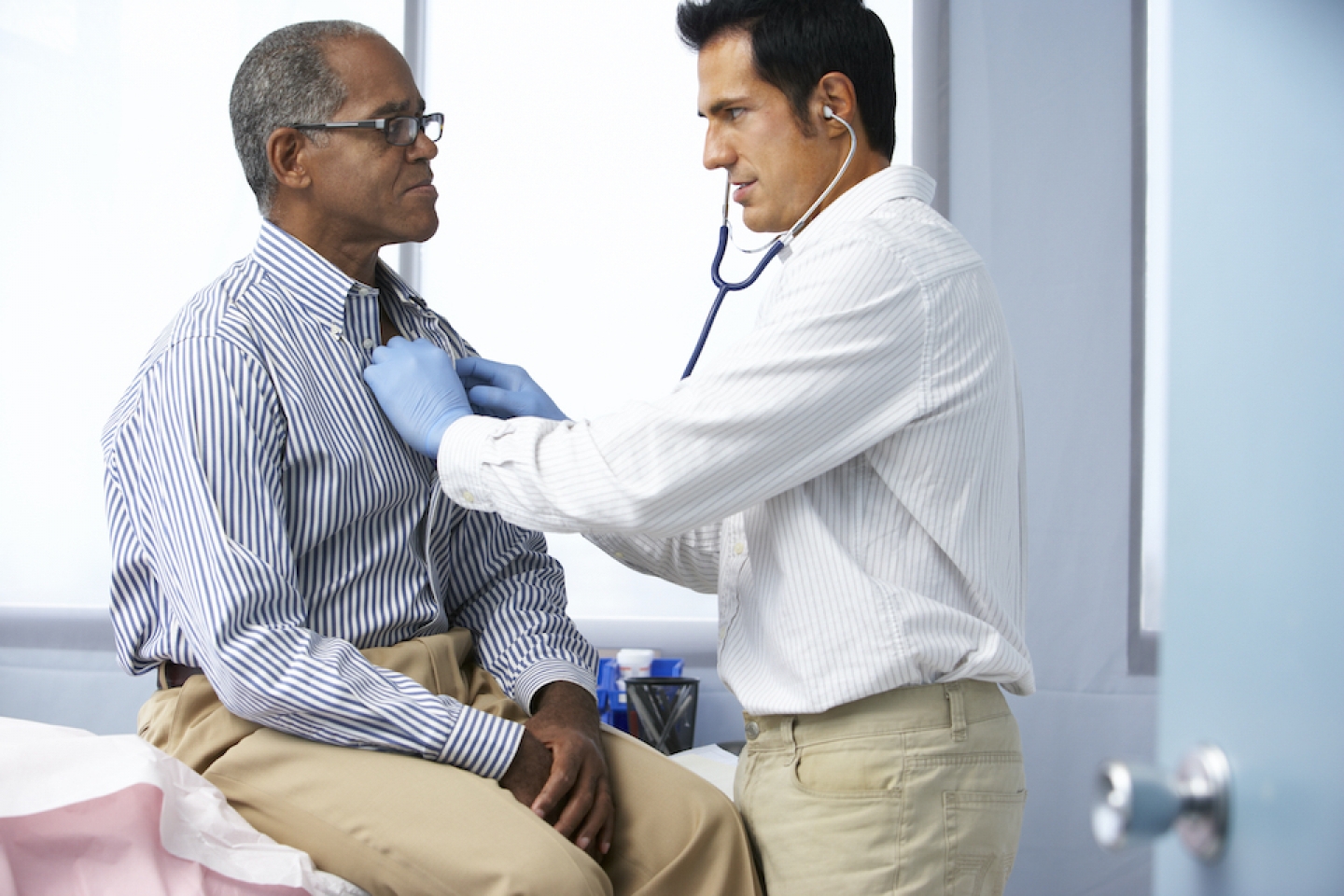
Screenings for colorectal cancer have dramatically prevented the incidence of the disease in the last 45 years.
“Colorectal is one of the most treatable and curable cancers when found at an early stage,” says Daniel H. Hunt, MD, FACS. “Every individual who is at screening age should have these tests available to them. It’s effective and it’s safe.”
Dr. Hunt—assistant professor of surgery at Weill Cornell Medical College, Cornell University, and assistant attending surgeon at NewYork-Presbyterian Hospital—adds that the survival rates for Stage 1 colorectal cancer is about 90 percent. The survival rate for Stage 4 is less than 15 percent.
“We’re very good at treating colon and rectal cancers when it’s identified in a timely fashion.”
Here Dr. Hunt offers insight on the importance of regular colonoscopies, possible early signs of the disease, and what risk factors play a role in colonoscopies.
The most effective screening test for colorectal cancer is a colonoscopy, a procedure in which a gastroenterologist uses a long, flexible tube (a colonoscope) to view the entire colon while a patient is under general anesthesia. Doctors locate and remove precancerous growths called polyps during the procedure.
“The preparation for a colonoscopy is important because we need the colon to be free and clear of debris so we can get a good look at the lining,” Dr. Hunt explains. “To do this, the patient has to drink a certain amount of fluids, starting the day before the procedure. That process is easier for patients than it used to be because they can drink a much smaller volume.”
Dr. Hunt notes that, although there are additional tests to evaluate the colon—including at-home stool and abnormal DNA tests—they’re a starting point to evaluate colon health, not a replacement for colonoscopy.
The Centers for Disease Control and Prevention (CDC) recommends that most people begin screening for colorectal cancer soon after turning 50, then continue getting screened at regular intervals. Dr. Hunt points to an area of research evaluating the “concerning trend” of younger patients being diagnosed with the disease, leading gastroenterologists to recommend colonoscopies earlier.
“There’s research into whether there’s a genetic component to this—that maybe there are mutations that put some patients at higher risk, along with lifestyle factors,” he says.
The CDC also states that patients may need to be tested before age 50, and/or more frequently, if the patient has a close relative with colorectal polyps or colorectal cancer; inflammatory bowel disease such as Crohn’s disease or ulcerative colitis; and/or a genetic syndrome such as familial adenomatous polyposis (FAP) external icon or hereditary non-polyposis colorectal cancer (Lynch syndrome).
“We also know that in African American communities, there can be a tendency to develop colorectal cancer at an earlier age, compared with other groups,” Dr. Hunt says. “This can be genetic or environmental, but the other concerning part is that when these patients are diagnosed, they have poorer outcomes that are sometimes linked to a lack of access to care--the medical community is awaiting more data on this.”
The CDC adds that African, African American and Black patients with an average risk for cancer receive a colonoscopy every 10 years beginning at age 45; and that Asian, American Indian, Alaskan Native, Hispanic, Native Hawaiian, Pacific Islander and White patients receive a colonoscopy every 10 years beginning at age 50.
There are lifestyle factors—mainly, diet and physical activity—that can contribute to an increased risk of colorectal cancer, Dr. Hunt says.
He stresses the importance of participating in regular physical activity; creating a diet high in fruit, vegetables and fiber, while low in fat; avoiding processed meats and tobacco; and limiting alcohol intake.
“We also take time to stress the importance of knowing the family history and asking questions, because it can really change whether a patient should wait for a screening or have it performed even earlier,” Dr. Hunt says.
There are genetic mutations that can be associated with both colorectal cancer and other types of cancers, including uterine and bladder cancer, that can put several families at risk.
“Sometimes we also recommend another screening based on a discussion about other cancers in the family,” he adds.
“Sometimes people push aside symptoms and never get evaluated,” Dr. Hunt says. “But you don’t really know until you check,”
Rectal bleeding, for example, is due to hemorrhoids in the “vast majority” of patients.
Other possible colorectal cancer symptoms can include a change in bowel habits; diarrhea, constipation, or feeling that the bowel isn’t fully empty; abdominal pain, aches, or cramps that don’t go away; and seemingly unexplained weight loss.